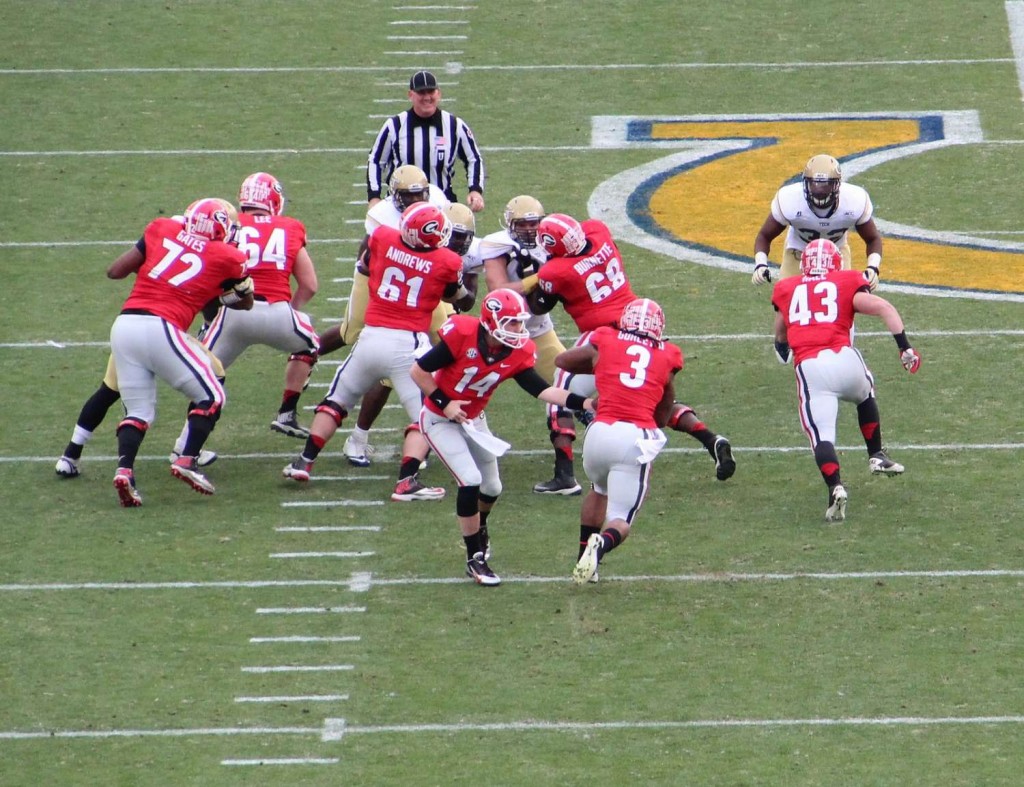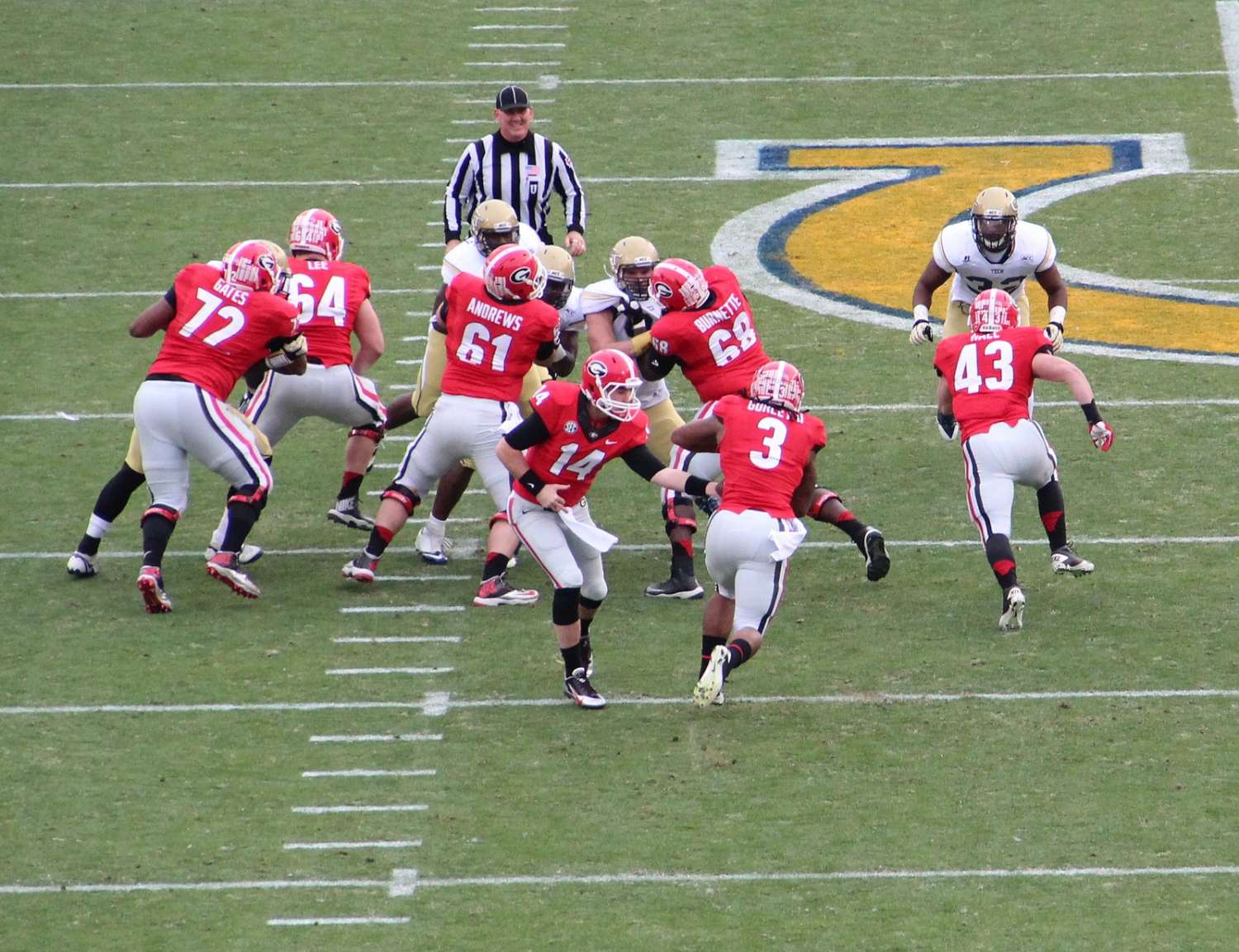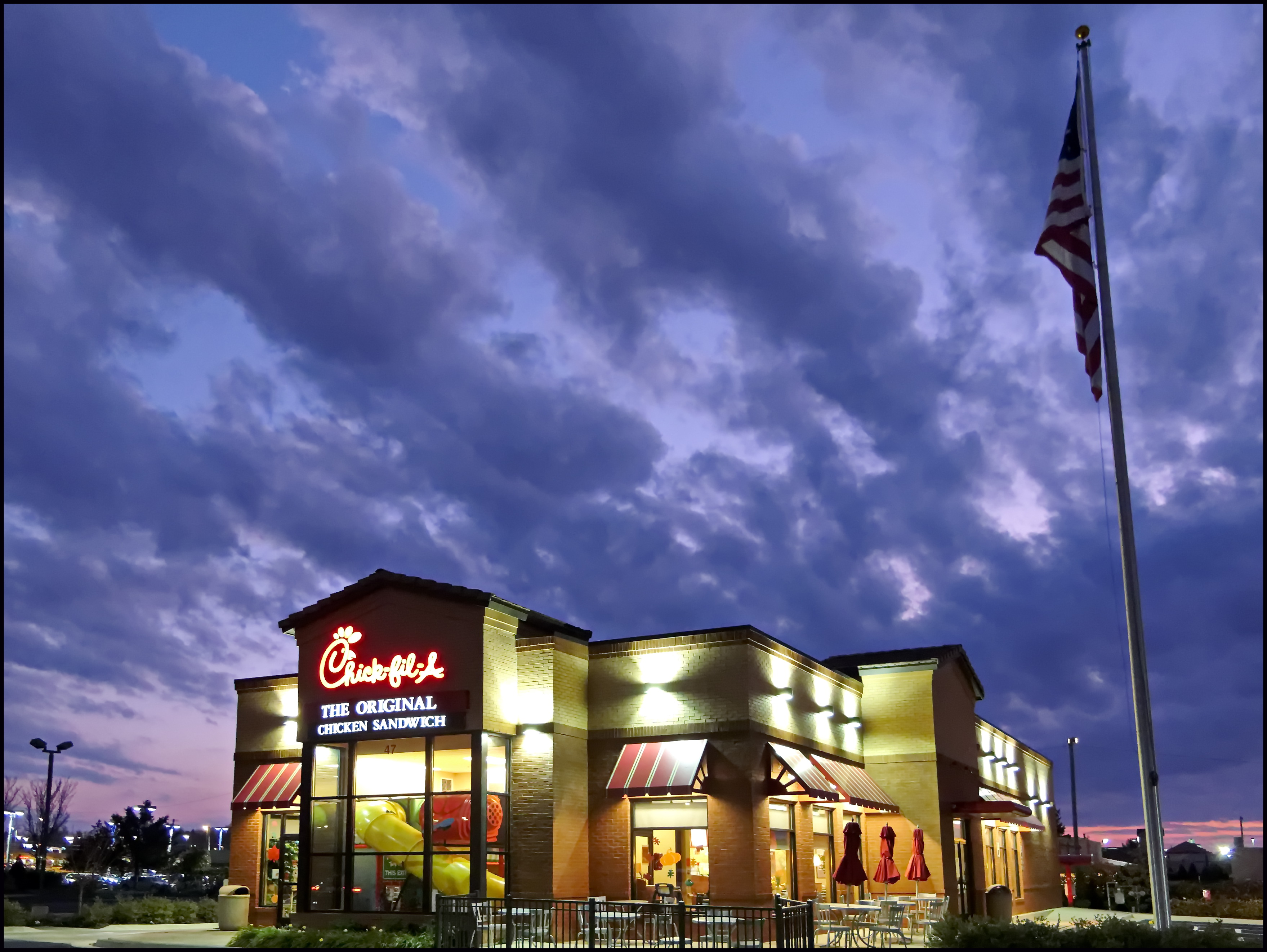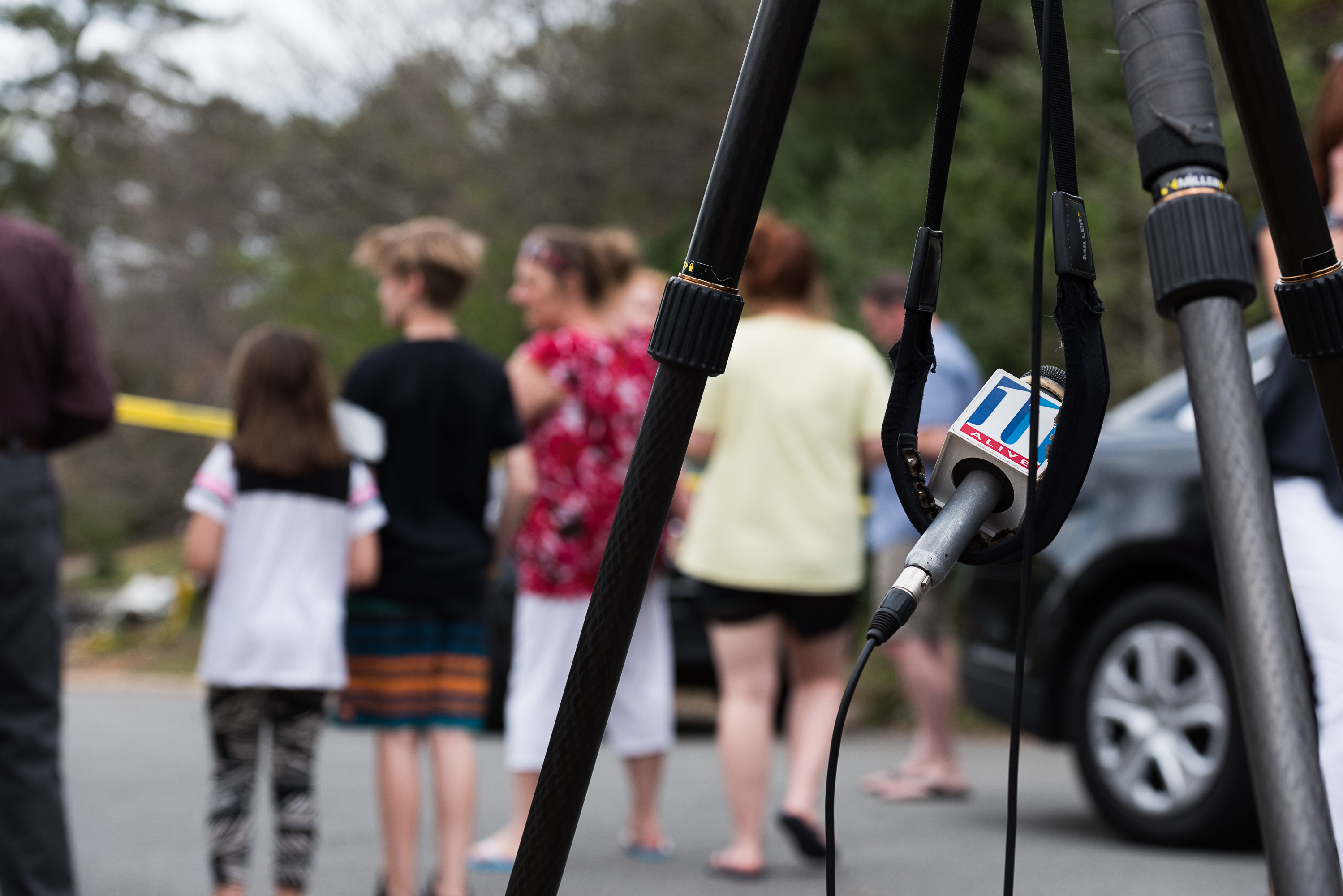
Todd Gurley is a rule breaker, plain and simple. Georgia’s Heisman-contending tailback might no longer have a career as a University of Georgia football player, but do you think he really cares? He shouldn’t.
As of Thursday night, Gurley has received an internal suspension while the NCAA investigates allegations that he sold upwards from $400 of signed memorabilia to at least one, and possibly multiple brokers. It’s now likely that Gurley, a junior tailback from Tarboro, N.C., will not play a down for his college ever again.
But, what is it to him? Are the consequences any more than breaking the institution’s heart, along with its fanbase?
For big-time “student athletes,” these type of egregious, deliberate risks at money grabbing don’t pose any real threat to their career–more importantly, to the life laid out for them.
Gurley came to the University of Georgia to be a football player, not a student. If you think that’s a fallacious claim, you lack perspective. When you’re a 4-star or 5-star recruit, you come to a program to help keep the lucrative engine of major NCAA sports in prime condition.
You are not primarily a student-athlete; you are very much an asset to a much larger enterprise. The problem? You’re also constricted. The same entity that sells your number on the back of your jersey for heaps of cash refuses to let you touch a cent. A penny.
And people think the player wants to stay a part of that flawed system?
This is why big-time players like Gurley are not afraid to break the NCAA’s rules: it’s a win-win situation for the athletes. If Todd Gurley doesn’t get caught, he continues to lead the Georgia football program toward an SEC East title, possibly pulls in a Heisman trophy and becomes a permanent fixture in Georgia lore–possibly as one of the best to ever play for the program.
But what if he gets caught? Well, he misses the rest of the year, removing his risk of injury that would cost him millions of dollars, gains more cash than any of his teammates are allowed to get their hands on.
For the NCAA, the only athletes who have the leverage and market value to break these rules are already worth more than their scholarship, so the risk in violating is nearly non-existent. Gurley will sit with his Xbox, enjoy being able to afford groceries for a few months, and answer the phone when the NFL calls.
We always talk about how we should preserve capitalism. Isn’t that what Gurley and the like are doing? What is it to them if they lose their chance to play in college? What is a degree worth to these kids when they weren’t brought to campus to earn one to begin with.
College football, on a grand scale, has become a transient and restrictive limbo for those who’s value in society is to put on a show, not earn a degree. For student athletes who don’t fit this category, and at Georgia there are many of them, this truth only means an assurance of betrayal. For fans, it means an expectation for disappointment and the necessity for complacent attitude.
At Kennesaw State University, our student athletes are exactly that–student athletes. Our best and brightest walk around campus and couldn’t sell a signature if they tried. As well, the NCAA restricts their opportunity to earn money while in school while they represent more humble schools and conferences. Surely, there’s still revenue attribution to be argued, as was the case when former KSU guard Ashley Holiday filed lawsuit in Minneapolis court earlier this year.
Fans can be broken-hearted, but can you really call Gurley, or anyone else, “dumb” and “selfish” for breaking a rule that exists because of selfish executives? How selfish are we, as fans, to hold these athletes to the standard that they must put away their liberties for four years while entertaining us?
How blind can we be when Ed O’Bannon’s lawsuit against the NCAA won at the federal level earlier this year, as well? That’s right–the precedent in our country is now that major college football is anything but amateurism; rather, it’s a business than transcends any goals of academic institutions.
College-aged musicians can sell their music before they graduate. Artists can sell their artwork before they graduate. The federal court realizes and defends this contradiction.
So did Gurley.
It’s disappointing, as fans, when superstars are “taking their place for granted.” But, are they?
Maybe it’s we that need a perspective adjustment.





